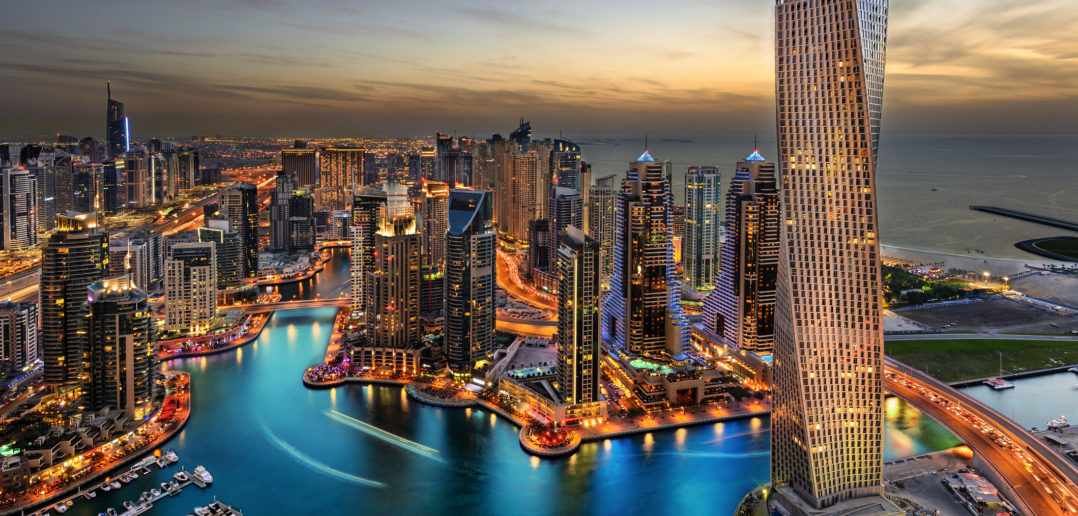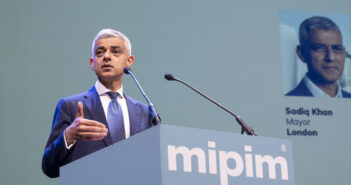Real Estate outlook in the Middle East
The Middle East is a booming real estate market, open to foreign and domestic investors. Billions of dollars have been invested in the region, making it globally one of the fastest-growing real estate markets, according to Research and Markets. There are approximately 15,000 real estate offices in the region, offering something for everyone.
Let’s look at the outlook for real estate in the Middle East:
- Dubai market expanding: Dubai investment is particularly appealing, considering price growth has outpaced many other parts of the world including major cities like London and Sydney. In 2015, residential property values fell 10% following two years of increases. The decrease, however, was not experienced in all parts of Dubai, and the city still experienced a 11.6% compound annual growth rate in property prices. Meanwhile, office space sales grew 12%. Growth is projected to grow, but at a slow rate. Retail properties are forecasted to grow 1.6% between 2016 and 2019. Source: Deloitte
- Turkey popular investment market for others in region: In 2016, investment in Turkey was strong, especially from other nations in the Middle East. The top three nations to invest in Turkey are Iraq, Saudi Arabia and Kuwait. Collectively, investors from these three nations purchased 733 properties in November. This figure, however, reflects a decrease of 16.3% from October’s investments. Foreign investors are cautious, concerned about terrorism and political instability. Source: Middle East Monitor
- Super towers are returning: For a decade, the Middle East has been known for its construction of super towers, towers more than 300 meters (984.3 feet) high, but 2016 was an exception. Of the 128 super towers completed worldwide, none were in the Middle East. According to the Council on Tall Buildings and Urban Habitat, however, nine will be completed this year. The next few years will see a small number of super towers being built as structures of that size are becoming increasingly difficult to finance. Council on Tall Buildings and Urban Habitat (CTBUH). Council on Tall Buildings and Urban Habitat (CTBUH). Source: The National
- Property opening up to middle-class buyers: Property developer Al Hamra Real Estate Development has a plan to attract buyers to vacant luxury properties. The properties, located outside of Dubai, will be offered to buyers at a decreased mortgage fee of $898.5 monthly for five years. The developer said most of the units were occupied and it was seeking to fill the rest with property investors. In the United Arab Emirates, it is not uncommon for investors to pay rent while making mortgage payments on a property. Between the second and third quarters of 2016, the average rental payment in the region increased 2%. Source: ME Construction News
- Hotel investment robust: The hotel market in the Middle East remains robust and is open to investment, a statement by the Arabian Hotel Investment Conference claims. Katara Hospitality chief executive officer Hamad Abdulla Al-Mulla said at the annual event, “The Middle East hotel market remains a vibrant and exciting one for investors. The region’s fundamentals are strong, making it an attractive investment destination. In Qatar for example, the outlook for the hotel industry is especially promising.” Source: Hotelier Middle East



